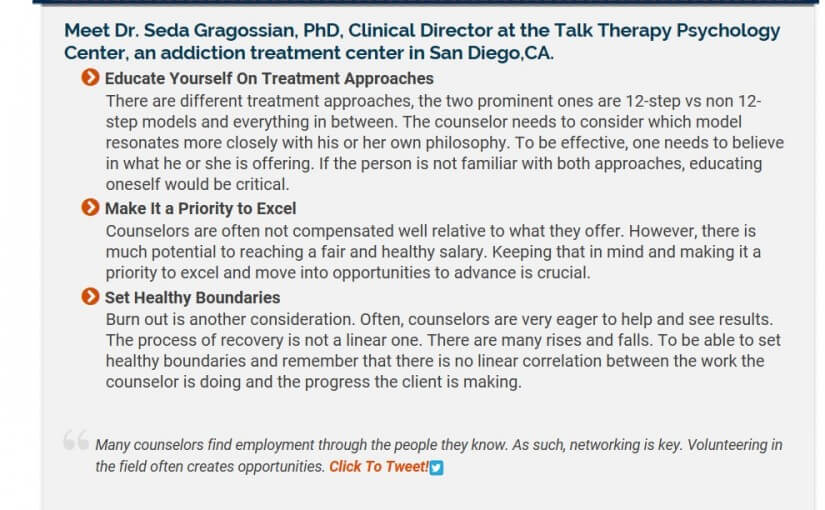Here are some things to consider when a friend is suffering from addiction:
- Share with your friend that you are concerned about his or her misuse or abuse of the substance in question.
- Encourage your friend to seek professional help. You may support your friend in the process of finding such help.
- Offer him/her your support and unconditional love. Avoid judgments. Let him/her know you will be willing to help only if they are willing to help themselves by seeking professional help or making healthy changes.
- Take care of yourself and set healthy boundaries. Loved ones can get quite hurt in such situations. Such healthy boundaries also are the catalyst for individuals to seek our help. It sends a strong message to the person that they need to get help and become healthier if they want to avoid losing the connections they have.
- Avoid enabling your friend. For example, if your friend is abusing alcohol, do not go out drinking with him or her. If your friend is broke, do not give them money knowing they will spend the money on their habit.
Author: Seda Gragossian, Ph.D.
Talk Therapy Psychology Center









